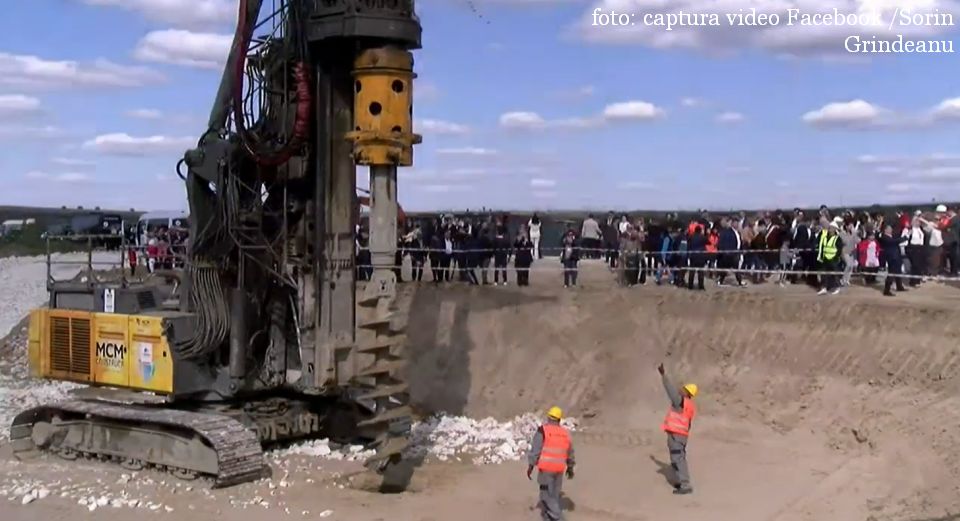New Fiscal Code Passed by Senate
A new Fiscal Code bill was endorsed by Senate on Tuesday

Ştefan Stoica, 02.09.2015, 13:55
Supported by its initiators, the left-wing Government in Bucharest, but criticised by both the business community and the countrys international lenders, the new Fiscal Code stands great chances of being endorsed next week, when it could go to President Klaus Iohannis for promulgation.
In a first stage, the President sent it back to Parliament, warning that a sudden fiscal relaxation would jeopardise the budgetary balance. Through a rare consensus in the Romanian politics, Power and Opposition agreed on a new formula to enforce the Code, one that would not affect the budget but that would encourage economic growth at the same time. The VAT reduction to 20% would therefore be implemented as of January next year, and a further cut, to 19%, will be operated in January 2017. Also postponed for 2017 is the elimination of an additional excise duty on fuels and of a tax on special structures.
The Social Democratic Senator Constantin Popa believes the endorsement of the Fiscal Code to be a landmark for the Romanian economy:
Constantin Popa: “It is a major step forward for the Romanian economy and for Romanians in general, it is a moment when taxes and charges are cut down, so I should say this is a starting point from where we can move forward with more determination.
The Liberal Senator Dinca Marinica says the greatest strength of the Code is that it does away with the legislative ambiguity and brings together several laws into one text.
Dinca Marinica: “This Fiscal Code regulates all the types of taxes and charges in a way that makes them coherent. A lot of voices, particularly coming from the business community, have complained over the years that we have too many taxes and this hinders the development of companies and of the economy in general, while at the same time affecting the State Budget and the local budgets.
On the other hand, the Government says it will implement some of the measures in the Fiscal Code ahead of the agreed deadline, based on the revenues to the state budget in the first 8 months of the year. PM Victor Ponta explained that revenues increased considerably after the VAT for foodstuffs was cut down to 9% and contributions to the social security fund were reduced, and that one of the reasons for this development is the improved activity of the National Tax Administration Agency. According to the Prime Minister, the Romanian economy is responding to the controlled tax reduction and to a more efficient activity of the Tax Agency, and in the first 8 months of the year the budget collected 2.5 billion euros more than in the corresponding period of the previous year.






























